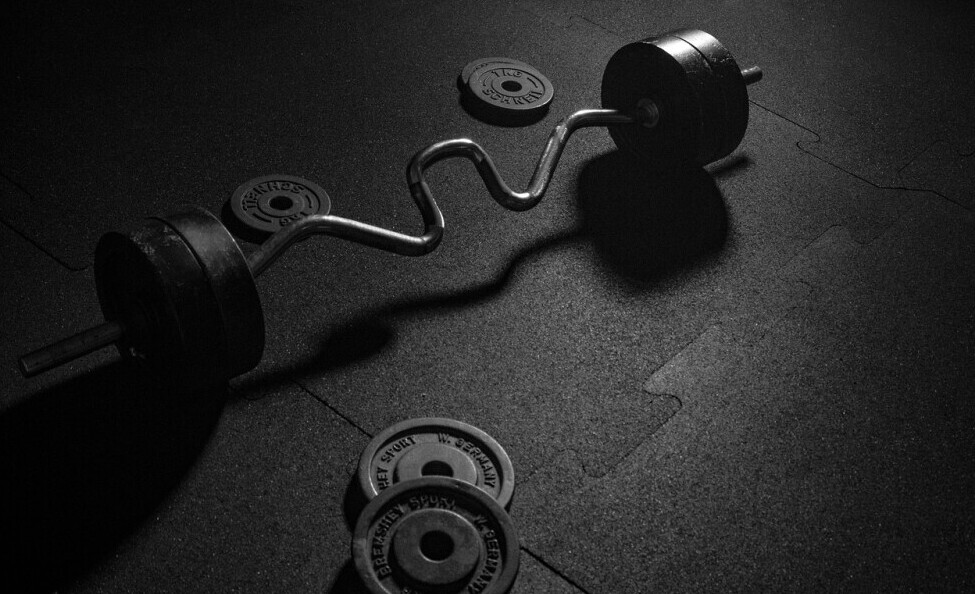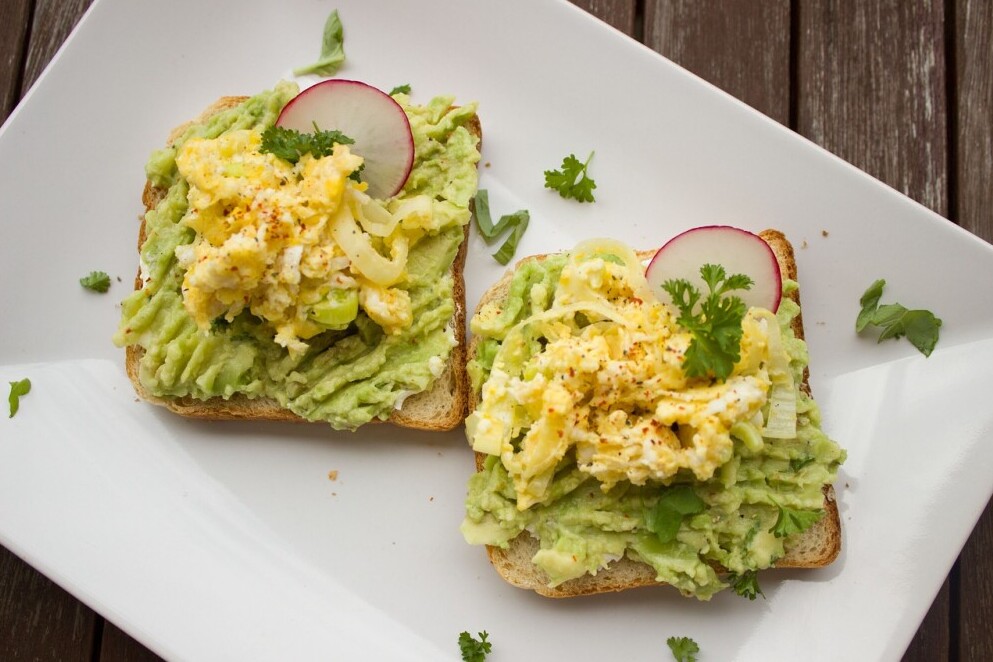Why Is Resistance Training Important
Resistance training is like that trusty tool in your fitness toolkit that never lets you down. It’s all about pushing against some kind of resistance, whether it’s weights, bands, or even your own body weight. But more than just a workout, it’s a game-changer for your health and lifestyle.

This form of training has evolved over centuries. Think of ancient times when warriors built strength using stones and logs, to today where high-tech gyms offer all sorts of equipment. But the core remains the same – it’s about developing strength and endurance.
Bringing resistance training into your everyday life can have some pretty impressive perks. Not only does it pump up your muscles, but it also gives your bones a hearty boost, making them more robust and less prone to issues as you age. Plus, there’s a heap of mental benefits too, from reducing stress to lifting your mood.
Remember, resistance training isn’t just for the gym junkies or the super athletically inclined. It’s for anyone looking to improve their quality of life, whether you’re a beginner finding your feet or someone with serious fitness goals. It’s versatile, practical, and downright effective.
So, if you’re looking to start or enhance your fitness journey, think of resistance training as your trusty sidekick – ready to support your goals and bring on a healthier and happier you.
Why Is Resistance Training Critically Important?
Building muscle isn’t just about looking good; it’s about making life easier. When you build strength through resistance training, everyday tasks like carrying shopping or climbing stairs become less of a hassle. Your body functions more efficiently, and that’s a win in my book.

Our bones, like the rest of us, benefit massively. Resistance training boosts bone density, which is super important to dodge those pesky fractures that love to bug us as we age. Keeping your bones strong with a bit of weight work can make all the difference in maintaining your independence and peace of mind.
And let’s not skip the mental health perks. Engaging in resistance training can be a solid antidote to stress. When you’re lifting weights or pushing through that last set, your concentration shifts, leaving worries on the sidelines. Plus, you get a nice kick of endorphins, which are those feel-good chemicals your brain loves to dish out.
Let’s not overlook the longevity angle here. Regular training sessions can tune up your body to handle various physical tasks, making you less prone to injuries in daily life. It’s like giving yourself a buffer against unexpected strains and sprains.
If you’re looking to adopt resistance training, know that its benefits reach far beyond the visible muscle gains. It’s more about building an unshakable foundation of health, letting you move through life more freely and joyfully.
Consequences of Neglecting Resistance Training: What Happens?
Skipping out on resistance training might not seem like a big deal, but it can sneak up on you in ways you wouldn’t expect. Without regular resistance work, muscles tend to wither – it’s called muscle atrophy. This makes daily activities tougher and robs you of that spring in your step.

Bone health takes a hit too. Without the strengthening benefits of resistance training, bones can become brittle and more prone to breaking. This is especially important as the years tick on and our bones naturally lose some of their strength.
Weight gain can be another unwelcome guest. Without resistance training, your metabolic rate might slow down, making it easier to pack on the pounds. Unchecked, it could lead to issues like obesity or metabolic disorders, putting a damper on your overall health.

Adopting a life devoid of these workouts might increase your risk of injuries, as your body’s resilience can diminish. Everyday slips, trips, or awkward movements could lead to strains and sprains sooner than you’d like.
In a world where moving a little less seems so easy, it’s crucial to remind ourselves of the importance of staying active. Even a bit of resistance training in your routine can help fend off these negative effects, leaving you healthier and more vibrant.
Resistance Training and Weight Loss: A Dynamic Duo
If you’re trying to shed some pounds, resistance training is your secret weapon. Most people think cardio is the go-to for weight loss, but resistance training cranks up your metabolism like nothing else. It turns your body into a calorie-burning machine, even when you’re chilling on the couch.

Building muscle ramps up your resting metabolic rate, meaning you torch more calories throughout the day. The more muscle you have, the more calories you burn, plain and simple. So, while you’re focusing on those squats or push-ups, remember that your body’s revving up its own furnace.
One cool thing about resistance training is how it helps reshape your body. We’re talking about body recomposition here—losing fat and gaining muscle. So, even if the number on the scale isn’t dropping as fast as you’d like, you’re definitely shifting towards a healthier body composition.
Protein plays a big role too. Chowing down on enough protein supports muscle growth and repair, giving extra oomph to your workout results. Pairing your training with a balanced diet rich in protein can make all the difference in hitting those weight loss targets.
If you’re aiming for weight loss, don’t overlook resistance exercises. They’re a solid component of a balanced fitness plan that helps you drop weight and also keeps it off by boosting your metabolic rate and redefining your body’s contours.
The Role of Protein and Muscle Building in Promoting Weight Loss
Protein isn’t just for bodybuilders; it’s a building block for everyone aiming to get fit and shed some pounds. When you engage in resistance training, your muscles go through tiny tears that need repairing, and that’s where protein swoops in like a hero. It helps repair and grow muscles, making them bigger and stronger.

Eating enough protein is crucial. It keeps your hunger in check, making it easier to keep cravings at bay. This is because protein takes longer to digest, helping you feel full longer and reducing those snack attacks that try to sabotage your weight loss journey.
Choosing the right sources matters. Lean meats, fish, eggs, dairy, or plant-based options like beans and lentils are all excellent choices. Integrating these into your meals ensures you’re giving your body the fuel it needs to recover and grow after each resistance workout.
A balanced routine marrying resistance training with a protein-rich diet creates a synergy that optimises muscle gain and fat loss. It’s not just about hitting the gym and then downing a protein shake; it’s about maintaining consistency in both workout and nutrition habits.
Incorporating safe weight lifting techniques and keeping your diet in check sets up a strong foundation for long-term fitness success. It’s a journey that goes beyond numbers on a scale, focusing on overall health and wellness gains.
Grab you Herbalife meal plan here…
Click here to sign up for future updates…
Disclaimer: This page contains affiliate links. If you choose to make a purchase after clicking a link, we may receive a commission at no additional cost to you. Thank you for your support!






Resistance training is a cornerstone of fitness and overall health, and this post does a fantastic job highlighting its importance. It’s not just about building muscle or achieving a toned physique; it’s about creating a strong foundation for a healthier, more resilient body. The discussion on how resistance training enhances daily life—making tasks like climbing stairs or carrying groceries easier—resonates with everyone, regardless of fitness level.
I appreciate the emphasis on bone health, a benefit often overlooked. The mention of boosting bone density and reducing the risk of fractures underlines how resistance training supports longevity and independence, especially as we age. Additionally, the mental health perks, such as stress reduction and mood improvement, are significant and relatable.
The sections on weight loss and protein’s role in muscle building add valuable, practical insights. By linking resistance training to increased metabolism and sustainable fat loss, the post makes a strong case for incorporating it into any fitness journey.
Overall, this post is both informative and inspiring, making resistance training approachable and essential for everyone.
Thank you for your thoughtful review! We are thrilled to hear that you found the post on resistance training informative and relatable. It’s great to know the emphasis on everyday benefits, bone health, and mental wellness resonated with you. We aimed to highlight how resistance training goes beyond just aesthetics and truly supports overall health. Your feedback motivates me to continue sharing valuable insights on fitness and well-being. Thanks for reading and sharing your thoughts!
KR
Niro Active Team
I appreciate this information about resistance training. I agree that the core of the training is developing endurance and strength regardless of the form of the training. There are so many benefits to this type of training affecting all areas of our lives. I did not realize that resistance training builds bone density. When I first began to consistently work out in the early mornings with resistance and other types of training, it did not take very long for me to lose 20 pounds. That was not even my intention. I was looking for increased strength and endurance. I will save your article to share.
Thank you for your wonderful feedback! We are so glad to hear that you found the information on resistance training valuable and that it had such a positive impact on your journey. It’s amazing how many benefits come from strength training, including that surprising boost in bone density! Congratulations on your weight loss and the improvements in strength and endurance—those are fantastic achievements. Thank you for saving the article to share; we really appreciate it!
KR
Niro Active Team